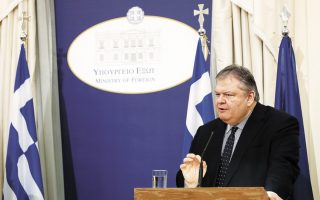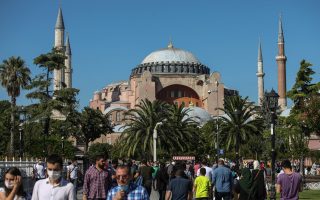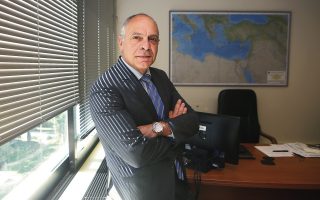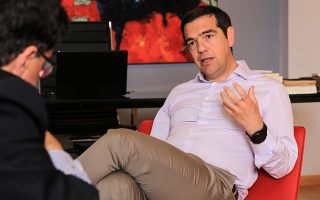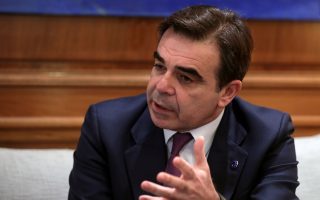Turkey’s response ‘a very bad surprise,’ Maas tells Kathimerini
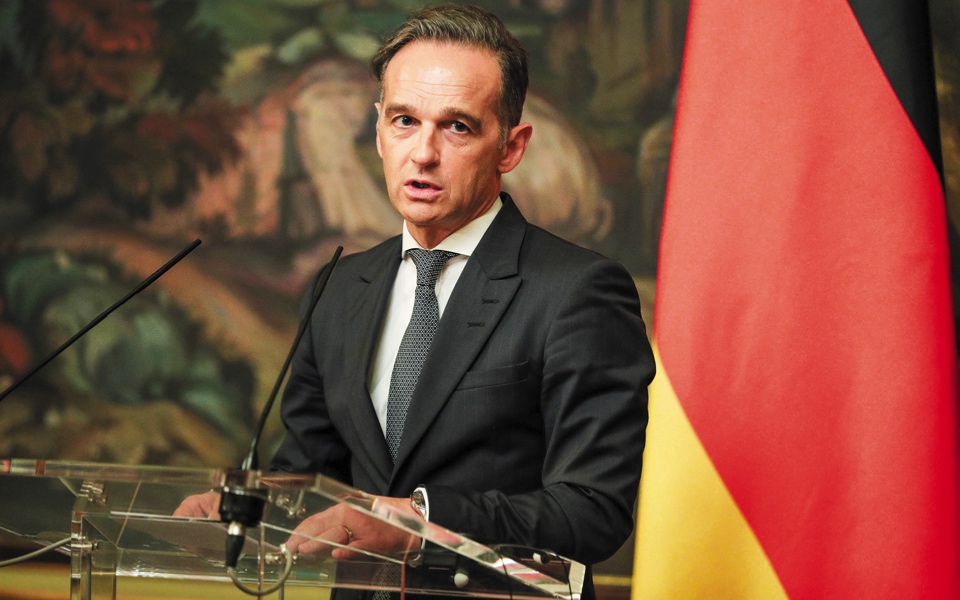
Turkey’s renewed deployment of its Oruc Reis research vessel just a few miles off the coast of the Greek island of Kastellorizo came as “a very bad surprise,” German Foreign Minister Heiko Maas tells Kathimerini in an interview.
Notwithstanding the surprise, Maas notes that “giving up on diplomacy at this point is not a luxury we can afford.”
The German minister essentially admits that Berlin’s effort to help ease the situation between Greece and Turkey has been carried out in full consultation with the United States. He adds that the effort constitutes a conscious policy decision on the part of his government, and is not purely contingent on Germany’s presidency of the Council of the European Union.
Maas reiterates that December is essentially the deadline by which Ankara must make up its mind regarding its policy vis-à-vis the EU. In this context, he says, the bloc has clearly decided that sanctions are part of its “diplomatic toolbox.”
This is the first time Germany has taken the lead in a mediation between Greece and Turkey. Why is that?
Well, I wouldn’t call it “mediation.” Our efforts are those of “good offices,” which we offer in our capacity as the presidency of the Council of the European Union but also as a country which has kept lines of communication open with Ankara. The security situation in the Eastern Mediterranean is of concern to all of us – as are the tensions between two NATO partners – Greece and Turkey. We worked closely with our American friends – we share the same analysis of the situation. Despite all the difficulties, simply standing by is not an option for us.
The German government opposed sanctions against Turkey before and during the last EU summit. What was the rationale?
When you use medicine, you should always read the precautionary notices – beware of risks and side effects… It’s the same with sanctions: They are part of our diplomatic toolbox, but they should be used with precaution. Are we already at this point regarding Turkey? Might we get there? This should depend on Ankara. We have set out a clear and measured way forward until the Council in December. It is up to Turkey to come on board. And in December we’ll have to decide.
The Oruc Reis has sailed again despite a prior agreement. How concerned are you about this development and has it undermined your mediation efforts? Was it a surprise for you? Why did you cancel your visit to Ankara?
It came as a surprise – a very bad surprise. This back and forth of de-escalation and escalation is difficult to understand and leads to a dead end. I understand the sense of frustration many feel and I share it. But frustration and anger are a bad counsel in diplomacy. We should focus on our strategic interests and act accordingly. That is why giving up on diplomacy at this point is not a luxury we can afford.
There seems to be a fundamental disagreement on the agenda of the bilateral talks between Greece and Turkey. Should the talks be exclusively on maritime boundary delimitation, as the Council decided? Are sanctions back on the table after the sailing of the Oruc Reis and the opening of the Varosha district of Cyprus?
I would leave it to the parties to decide that. What is clear to me is that there are quite a few issues where a direct dialogue between Athens and Ankara makes sense. The recent meeting between my colleagues Nikos Dendias and Mevlut Cavusoglu in Bratislava was a good start. Our job as foreign ministers should be to always go the extra mile of diplomacy, to help keep channels of communication open and minimize misunderstandings. Not the contrary!

